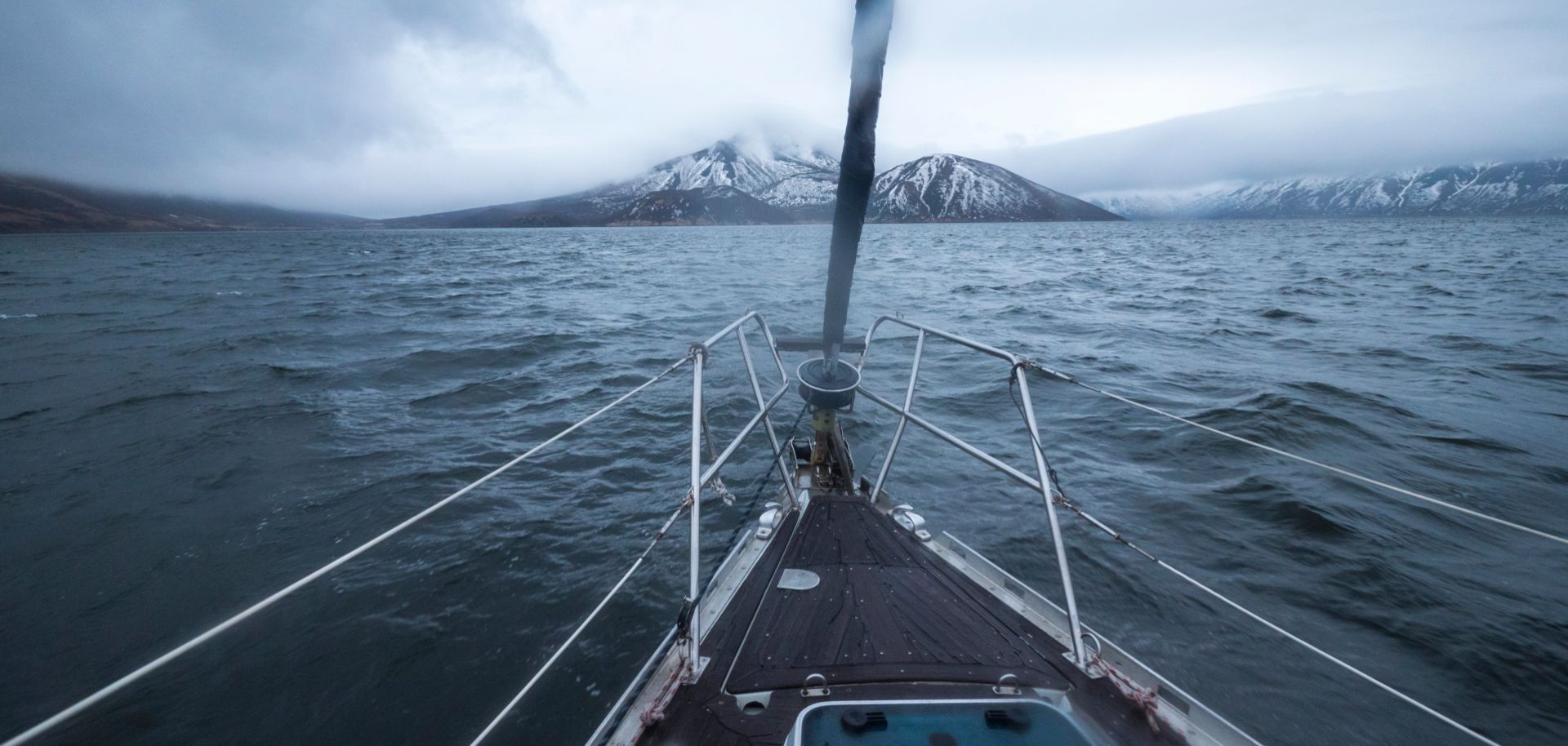Russia has suspended a 1998 agreement with Japan that allowed Japanese fishing boats near the disputed Russian-occupied Kuril Islands, which Japan claims as part of its Northern Territories. Moscow claims the suspension resulted from Tokyo’s non-payment of agreed-upon fees and the failure to sign documents related to technical cooperation on Sakhalin Island. The suspension is the latest reflection of growing tensions between Russia and Japan after Tokyo firmly sided with Western nations in its response to the Russian invasion of Ukraine. Russian and Chinese strategic bombers recently conducted a joint patrol around Japan, and Tokyo has revived diplomatic language accusing Russia of illegally occupying four disputed islands in the Kuril chain.
The 1998 fisheries agreement was established in part to ensure the safety of Japanese fishing vessels in what they consider their historic territorial waters. It established a process for the annual negotiation over the number of marine products Japanese vessels could catch and the fee Japan would pay for the joint use of the disputed waters. Prior to the agreement, Japanese fishing vessels in the area were subject to Russian seizure. Following the suspension, Tokyo vowed to protect its fishing fleets, as the Japanese Maritime Self Defense Forces have the authority to intervene if fishing vessels and their crews are threatened. Even so, it is unclear whether Tokyo is willing to potentially face off against the Russian Coast Guard or Navy in the disputed waters when the autumn fishing season kicks off.
The suspension highlights Moscow's ability to counter economic and diplomatic pressure over its invasion of Ukraine. Japan is currently reassessing its energy dependency on Russia and has suspended loans for Russian Arctic natural gas development. For Tokyo, loss of access to the fisheries around the Northern Territories will impact local fishery livelihoods and have a minor impact on Japan’s food security. If Moscow decides to sell licenses to Chinese fishing vessels, Japan would be more gravely impacted, although Moscow has not yet suggested such a move publicly. China-Russia fishing cooperation has grown over the last decade, with Chinese-manned vessels already operating off Russia’s northeast coast, and Chinese fleets are always looking for new areas to operate.




